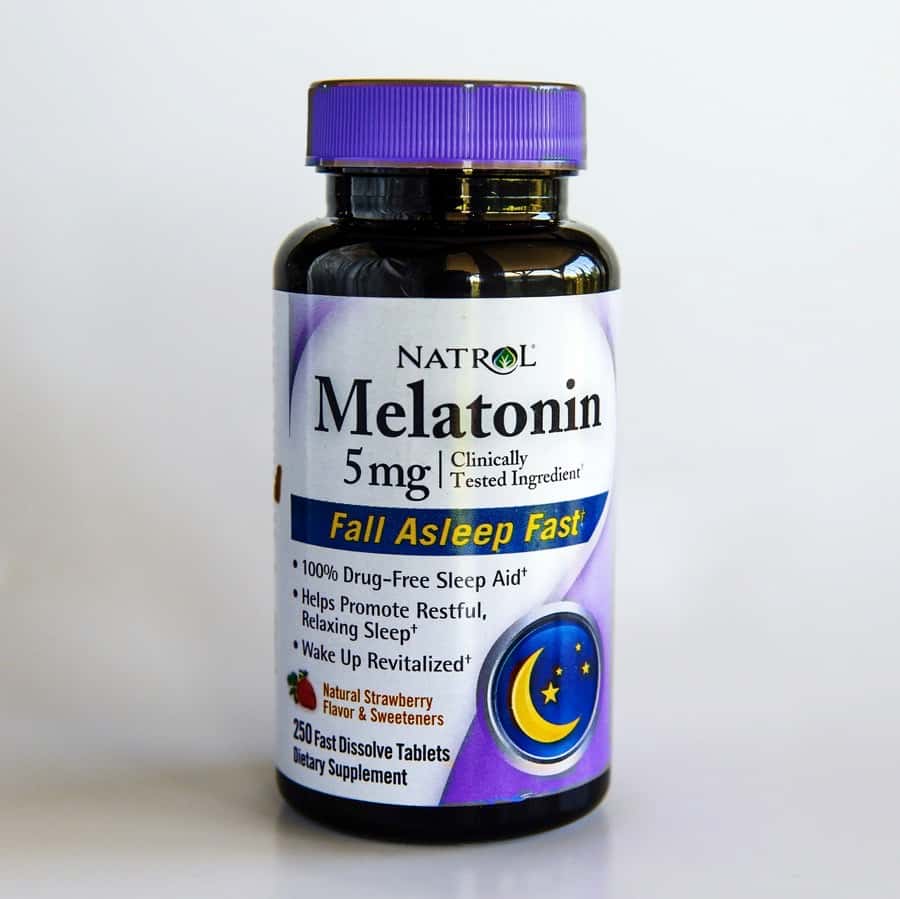
How do you deal with sleeplessness? Although people frequently take sleeping pills such as zolpidem (Ambien, Intermezzo, Zolpimist), zaleplon (Sonata) or eszopiclone (Lunesta), they may become dependent on these agents. Individuals who suddenly stop one of these drugs may suffer greatly from rebound insomnia. Instead, many of our readers would prefer something more natural. Some turn to melatonin, a hormone that is readily available in the US without a prescription. Should you take melatonin?
What Time to Take Melatonin?
Q. When is a good time for me to take melatonin? Typically I go to bed at 10:30 PM and read for an hour before lights out. I often awaken at 1 or 2 AM and can’t fall back to sleep.
A. Melatonin appears to be most helpful if taken 30 minutes to an hour before sleep. In your case, that would mean taking it at bedtime.
Although melatonin could help you fall asleep more quickly (Neurological Research, June 2017), we don’t know whether it will help you stay asleep. A prolonged-release formulation might be useful for that purpose (Expert Opinion on Pharmacotherapy, April 2012). The maker of a European prescription prolonged-release melatonin, Circadin, has funded research showing that this medication is effective and rarely results in morning hangover or rebound insomnia (International Clinical Psychopharmacology, Jan. 2015).
A review of 25 controlled trials concluded that the optimal dose of melatonin for older adults is somewhere between 1 and 6 mg (Senior Care Pharmacist, July 1, 2019). The authors noted that the current studies are not adequate to determine the optimal dose more precisely. People taking melatonin for sleep, whether they use the OTC forms available in the US or the prescription form available in Europe, rarely report worrisome side effects.
Learn More:
You can learn more about melatonin and other nondrug approaches to overcoming insomnia in our eGuide to Getting a Good Night’s Sleep. You may also wish to listen to our interview with Dr. Chris Winter, author of The Sleep Solution: Why Your Sleep Is Broken and How to Fix It. It is Show 1125: How Can You Find Your Sleep Solution?
Citations
- Xie Z et al, "A review of sleep disorders and melatonin." Neurological Research, June 2017. DOI: 10.1080/01616412.2017.1315864
- Lemoine P & Zisapel N, "Prolonged-release formulation of melatonin (Circadin) for the treatment of insomnia." Expert Opinion on Pharmacotherapy, April 2012. DOI: 10.1517/14656566.2012.667076
- Pierce M et al, "Optimal melatonin dose in older adults: A clinical review of the literature." Senior Care Pharmacist, July 1, 2019. DOI: 10.4140/TCP.n.2019.419.

